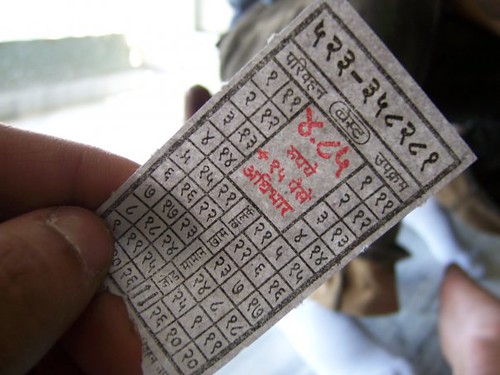She died yesterday.
Even macaroni and cheese can prove to be deadly.
She ate, but it wasn't heartily, sort of like shoving boxed macaroni and cheese down your throat without cooking it.
In death, came life, and Mrs. McGrayer Jones believed in life.
 |
| Photo by: Moriza, courtesy of Flickr |
Interestingly enough, you may not get to a line like this until the third page or the fifth chapter. What you may think is your first line rarely turns out to be the first; rather, it's just some sort of lead in to the real story. And I like that idea.
After all our cruising around in our new sports car, we find that it's not so sporty after all. The stuff we've written at the beginning of our book is more like a used car, blue, with old pinstripes that have begun to wear off. And maybe that's okay.
Sometimes we have to wait for the good stuff.
 |
| Photo by: Unlisted Sightings, courtesy of Flickr |
A good first line is kind of like your ticket to read. Without that good first line, the reader is working his/her way into the book, trying to find the ticket. Don't make them wait until chapter 3!
So, what beginning do you prefer? One, two, three or four? Today, I give you permission to choose one you like (or one you've created on your own). Today I give you permission (though you've never needed it) to write that stunning first line.

Hi there!
ReplyDeleteMy favorite is #1 or #2.
I LOVE this article! Why? You are so right about grabbing the Reader's attention right off the bat! If I'm not grabbed right away in the story, I AM apt to lose interest immediately. A book that takes forever, especially having to wait to Ch. 3 for ANYTHING to go on CAN feel like for forever! I AM more apt to NOT continue on with the book.
Thanks for the article!
Laurie Carlson
http://www.lauriehere.blogspot.com
Beginning are so important, and I am continually working at making my beginnings SHINE. Thank you for your comments.
ReplyDelete